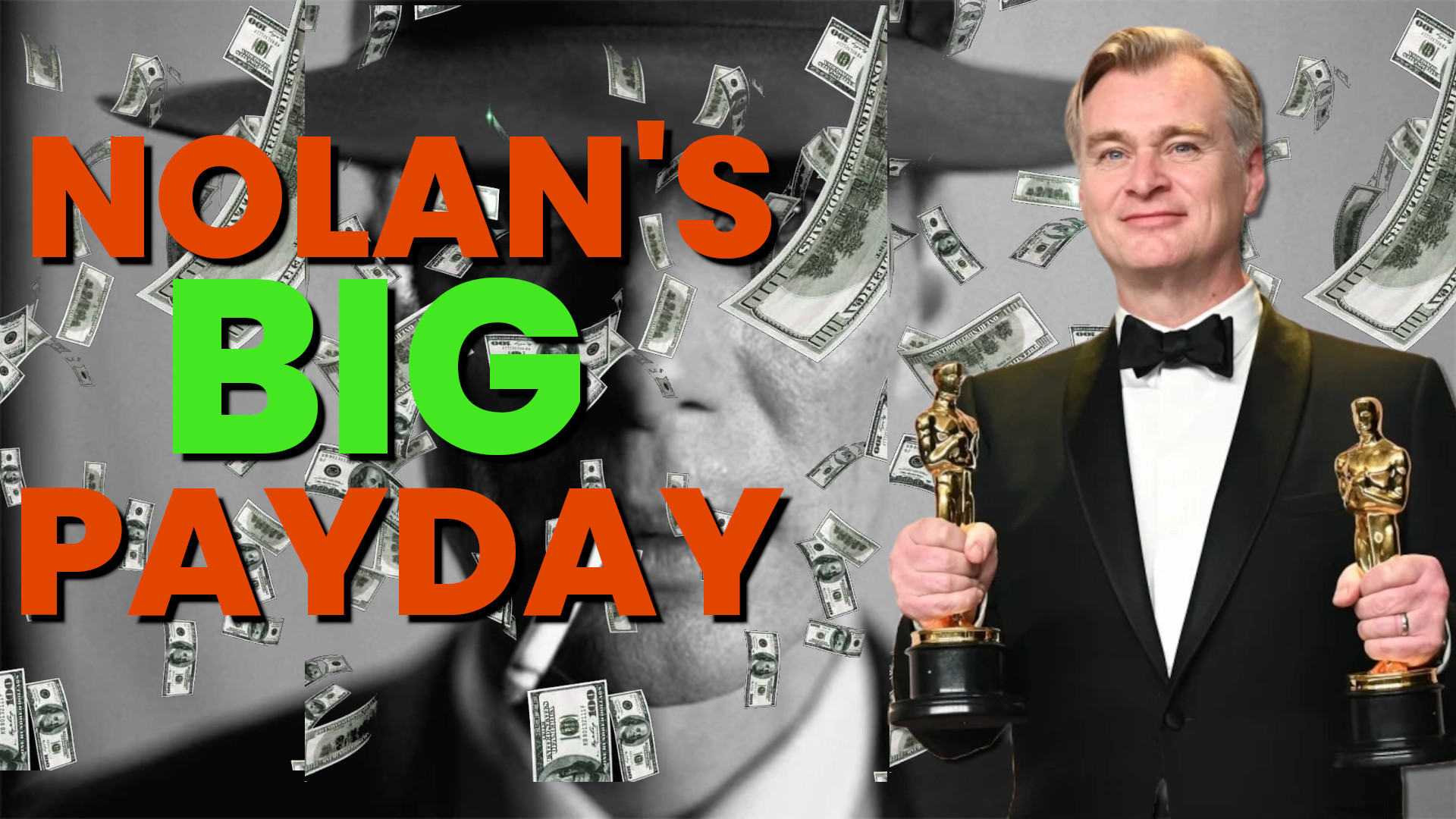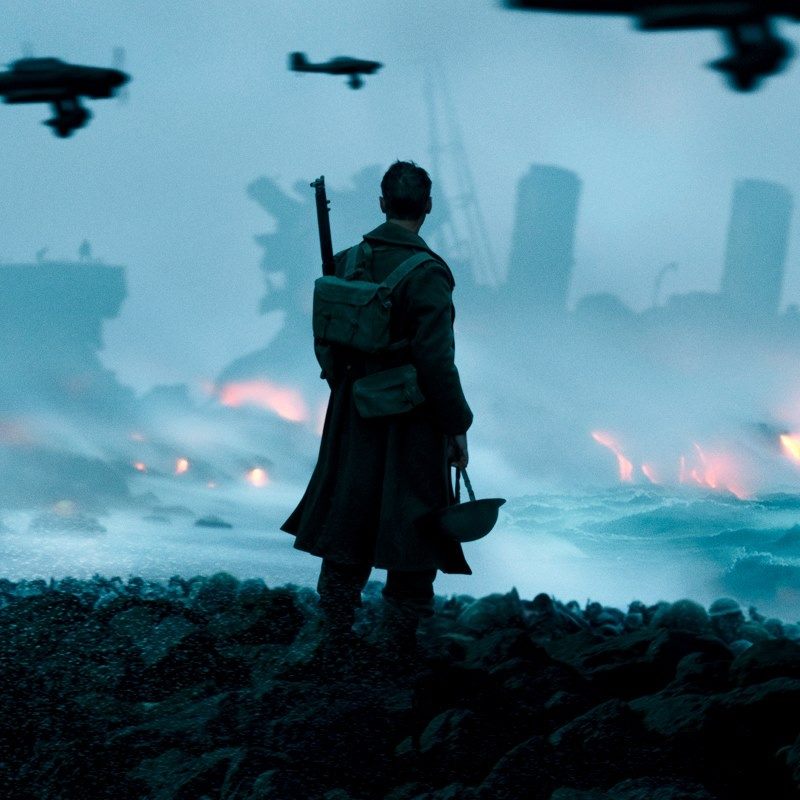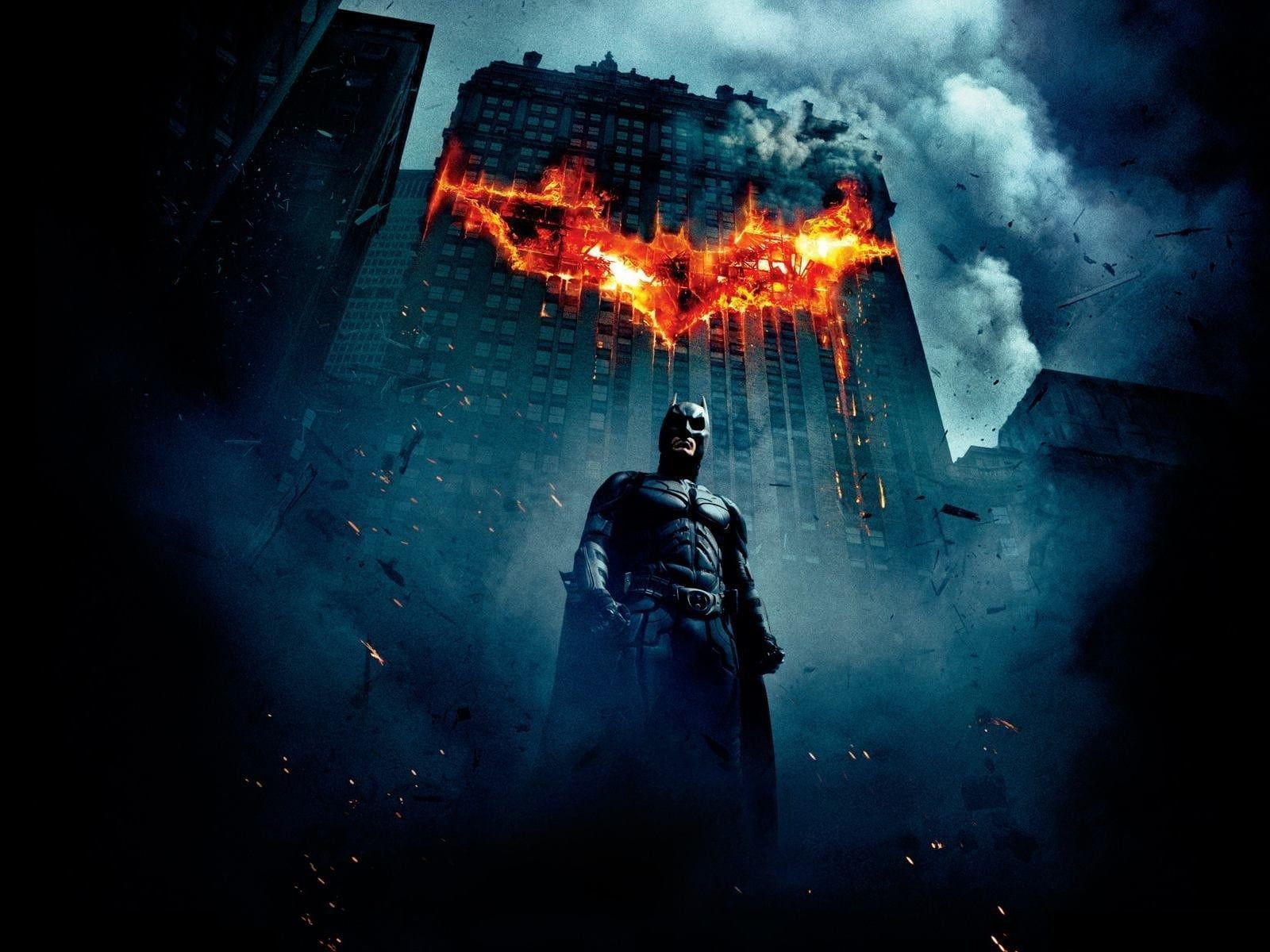Christopher Nolan is undeniably one of the most versatile and visionary directors of our time. With an impressive filmography that spans various genres and themes, he has proven himself to be a true master of storytelling and filmmaking. Each of his movies stands out for its unique narrative structure, thought-provoking concepts, and technical prowess. His latest work, Oppenheimer, is yet another testament to his ability to tackle complex historical events and deliver them in a captivating and thought-provoking manner.
 Christopher Nolan’s filmography is a tapestry of diverse narratives and cinematic styles. From mind-bending thrillers like Memento and Inception to his contributions to the superhero genre with The Dark Knight trilogy, Nolan has continually pushed the boundaries of storytelling and engaged audiences worldwide. His films often explore themes of time, memory, identity, and human nature, which resonate deeply with viewers and prompt introspection.
Christopher Nolan’s filmography is a tapestry of diverse narratives and cinematic styles. From mind-bending thrillers like Memento and Inception to his contributions to the superhero genre with The Dark Knight trilogy, Nolan has continually pushed the boundaries of storytelling and engaged audiences worldwide. His films often explore themes of time, memory, identity, and human nature, which resonate deeply with viewers and prompt introspection.
Nolan’s artistic approach to filmmaking is characterized by a fusion of traditional cinematic techniques with innovative storytelling methods. His expertise in manipulating time and narrative structures, as seen in Interstellar and Dunkirk, showcases his ability to keep audiences captivated and invested in his stories.
What sets Christopher Nolan apart from many directors is his unwavering dedication to crafting original stories and presenting them in distinct ways. His films are known for their rich character development, immersive worlds, and masterful use of practical effects. Christopher Nolan’s dedication to practical effects and minimal use of CGI adds a tangible and authentic dimension to his movies, which resonates with audiences seeking realism in a world of CGI-heavy blockbusters.
 Furthermore, Nolan’s films often challenge conventional storytelling conventions, inviting audiences to engage in active interpretation and discussion. His nonlinear narratives and ambiguous endings, as seen in Inception and The Prestige, leave room for multiple interpretations and encourage audience involvement long after the credits roll.
Furthermore, Nolan’s films often challenge conventional storytelling conventions, inviting audiences to engage in active interpretation and discussion. His nonlinear narratives and ambiguous endings, as seen in Inception and The Prestige, leave room for multiple interpretations and encourage audience involvement long after the credits roll.
Oppenheimer stands as an intriguing addition to Christopher Nolan’s filmography, showcasing his ability to handle historical events with skill and sensitivity. The film delves into the tumultuous period of World War II when physicist J. Robert Oppenheimer was appointed by Lt. Gen. Leslie Groves Jr. to lead the top-secret Manhattan Project. Nolan’s direction allows audiences to delve into the moral and ethical dilemmas faced by the scientists as they develop the atomic bomb, a weapon with unprecedented destructive power.
Similar to his previous works, Oppenheimer employs a nonlinear narrative and complex character development, allowing viewers to connect emotionally with the brilliant minds behind the project. Christopher Nolan’s portrayal of the Manhattan Project will likely delve into the complexities of Oppenheimer’s character, highlighting his internal struggles and the profound impact his work had on the course of history.
The inclusion of Oppenheimer in Nolan’s filmography demonstrates his willingness to explore diverse subjects and the human condition within historical contexts. The film adds to his legacy as a director who embraces complexity, challenges conventions, and continually seeks to push cinematic boundaries.
Christopher Nolan’s versatility as a director is unparalleled, and his films continue to captivate audiences worldwide. From mind-bending thrillers to epic historical dramas, Nolan’s storytelling skills and innovative techniques have set him apart in the film industry. Oppenheimer exemplifies his ability to tackle significant historical events while exploring the human psyche and moral complexities. As audiences anticipate this latest addition to his filmography, one can only marvel at how Christopher Nolan continues to redefine cinema and elevate the art of storytelling.
























